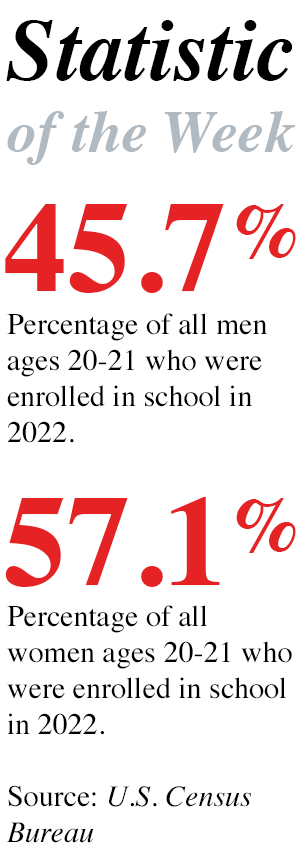Why Women in the Workplace Have Negative Responses to Supposedly-Positive Gendered Stereotypes
Posted on Jun 08, 2022 | Comments 0
 A new study co-authored by Devon Proudfoot, assistant professor of human resource studies at Cornell University in Ithaca, New York, finds that women feel more frustrated than men by the gendered expectations placed on them at work, even when those expectations appear to signal women’s virtues and are seen as important for workplace advancement.
A new study co-authored by Devon Proudfoot, assistant professor of human resource studies at Cornell University in Ithaca, New York, finds that women feel more frustrated than men by the gendered expectations placed on them at work, even when those expectations appear to signal women’s virtues and are seen as important for workplace advancement.
At work, men are expected to display independent qualities, like being assertive, whereas women are expected to display communal qualities, like being collaborative. But when women and men are faced with positive gendered stereotypes, women experience more frustration and less motivation to comply with the expectation than men, according to the new study.
“We find that one reason why women feel more frustrated than men by these positive gendered expectations is that women and men face gender stereotypes that differ in the extent to which they affirm a sense of autonomy,” Dr. Proudfoot said. “In the Western world, people tend to strive to maintain an autonomous sense of self. But while Western society is subtly communicating that an ideal self is an autonomous, independent self, society is also telling women that they should be interdependent and connected to others. We find that this conflict helps explain women’s frustration toward the positive gender stereotypes they experience.”
The research suggests that complimenting women employees for being collaborative or socially skilled could backfire. “Reinforcing these types of gender stereotypes could have negative emotional and motivational consequences for women in the workplace,” Dr. Proudfoot said.
Dr. Proudfoot joined the Cornell University faculty in 2017. She is a graduate of McGill University in Montreal, where she majored in psychology. Dr. Proudfoot holds a master’s degree in social psychology from the London School of Economics and Political Science and a Ph.D. in management and organizations from uke University in Durham, North Carolina.
The full study, “Communal Expectations Conflict With Autonomy Motives: The Western Drive for Autonomy Shapes Women’s Negative Responses to Positive Gender Stereotypes,” was published on the website of the Journal of Personality and Social Psychology. The co-author is Aaron Kay of Duke University. The research may be accessed here.
Filed Under: Research/Study








